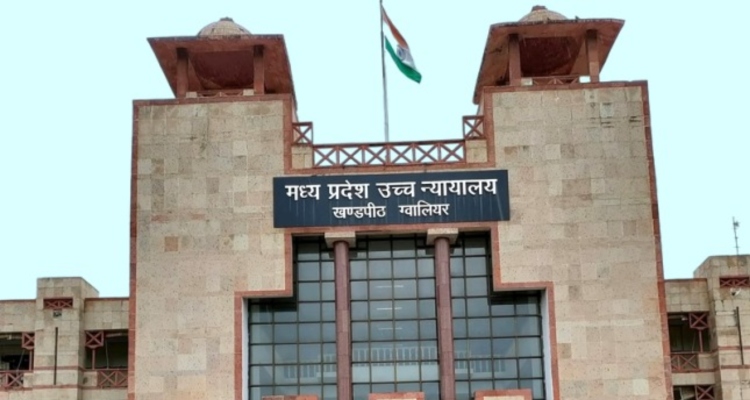
The Madhya Pradesh High Court on Monday gave the state government six weeks to act on the disposal of waste from the Union Carbide factory, ensuring it follows proper safety guidelines.
The court instructed the media to avoid spreading incorrect information about the issue.
The waste, stored in 12 sealed containers, was moved on January 2 from the now-defunct Union Carbide factory in Bhopal to a disposal site in Pithampur, located 250 kilometers away in Dhar district. The court granted the government time after Advocate General Prashant Singh requested the opportunity to calm public fears in Pithampur before proceeding with the waste disposal.
Singh explained that unrest had been stirred in Pithampur due to false and misleading reports about the waste disposal. In response, the court ordered the media across print, audio, and visual platforms—not to broadcast incorrect information regarding the matter. The state also requested three additional days to safely unload the waste in Pithampur. The bench reaffirmed that it was the state’s responsibility to ensure the process adhered to safety guidelines.
This request followed a tense situation in Pithampur, where two men attempted to immolate themselves during protests against the planned waste disposal. The protesters expressed concerns that the disposal would pose risks to human health and the environment. Senior advocate Naman Nagrath, representing the petitioner Alok Pratap Singh, emphasized the need for safety tests on the waste before disposal. He argued that this would alleviate public fears about its toxicity.
Singh’s petition, originally filed in 2004, seeks the safe removal and disposal of the hazardous waste from the Union Carbide plant. Nagrath further suggested that the waste undergo toxicity tests, and the results should be made public to reassure the people. “The general public should be taken into confidence,” he stated after the hearing.
The Bhopal gas tragedy, which occurred during the night of December 2-3, 1984, when methyl isocyanate (MIC) gas leaked from the Union Carbide plant, killed over 5,400 people and caused severe long-term health problems for thousands more. In its last hearing on December 3, 2024, the High Court had criticized authorities for their inaction on the waste disposal, which had remained unresolved for decades.
The court warned that continued delay could lead to another disaster, describing the government’s efforts as being in a state of “inertia.” The court had then directed the state to transport the waste within four weeks or face contempt charges.
This ongoing case underscores the urgency of addressing the lingering environmental and public health risks caused by the 1984 disaster, as well as the necessity for transparent action in the disposal of hazardous materials.




